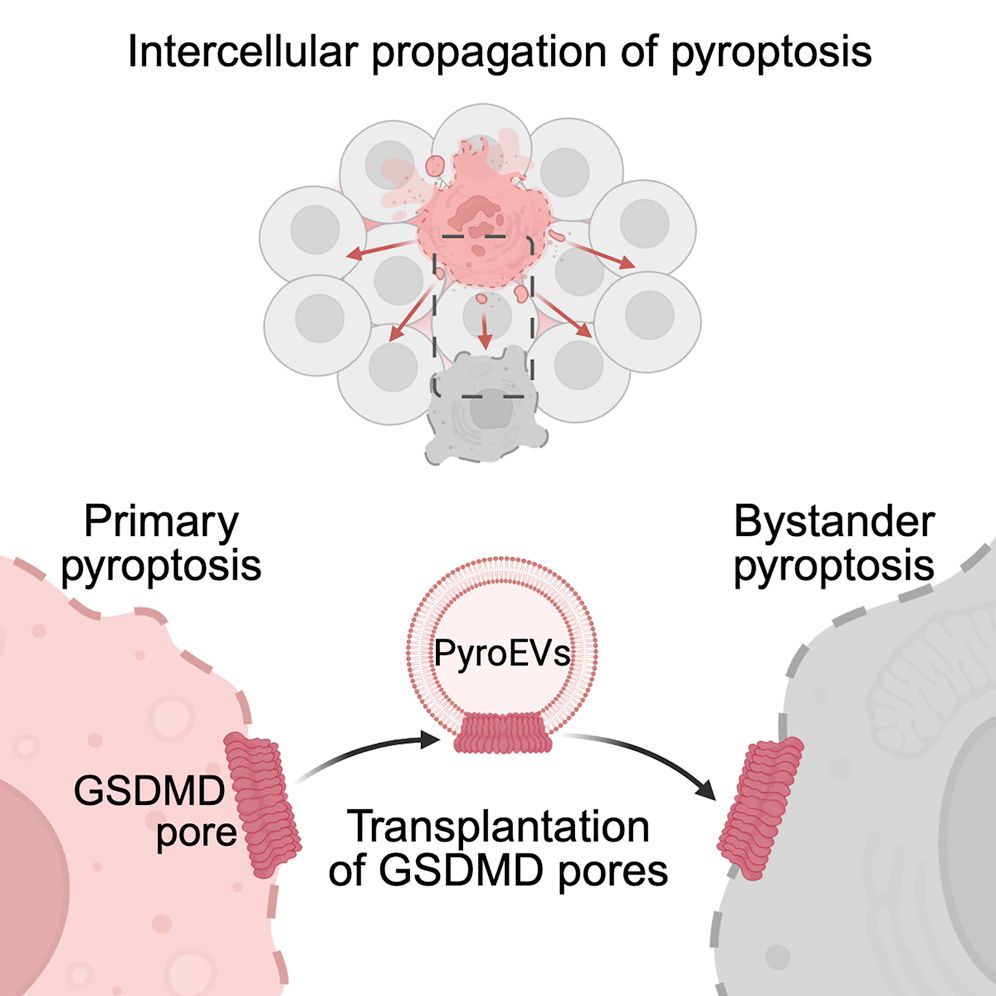Jordan Jastrab
@jordanjastrab.bsky.social
1.2K followers
720 following
27 posts
ID physician-scientist at Brigham & Women's Hospital, postdoc in the Jon Kagan lab studying interactions between bacteria and the innate immune system. Easily bribed with food.
Posts
Media
Videos
Starter Packs
Reposted by Jordan Jastrab
Reposted by Jordan Jastrab
Reposted by Jordan Jastrab
Reposted by Jordan Jastrab
Reposted by Jordan Jastrab

























